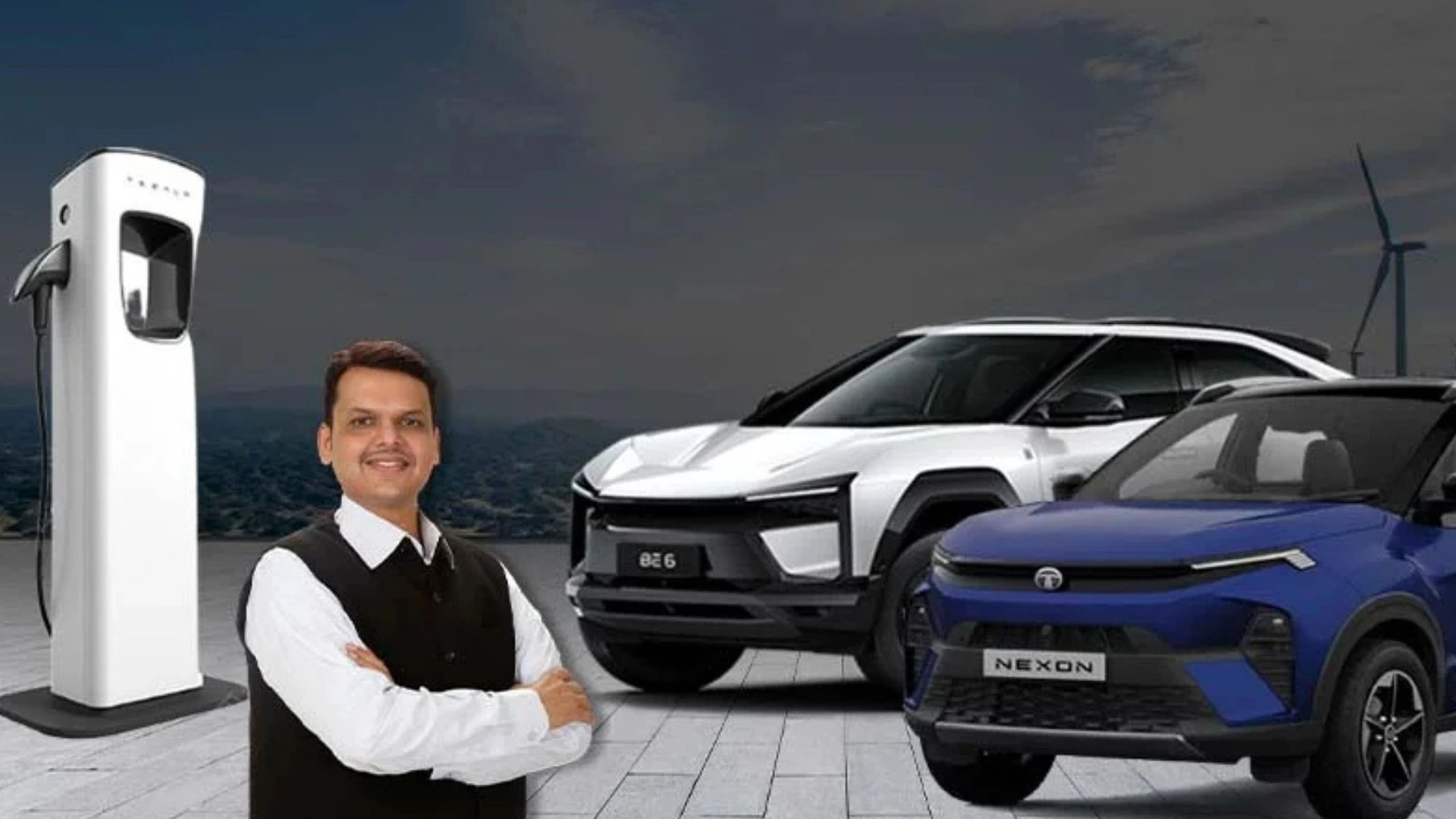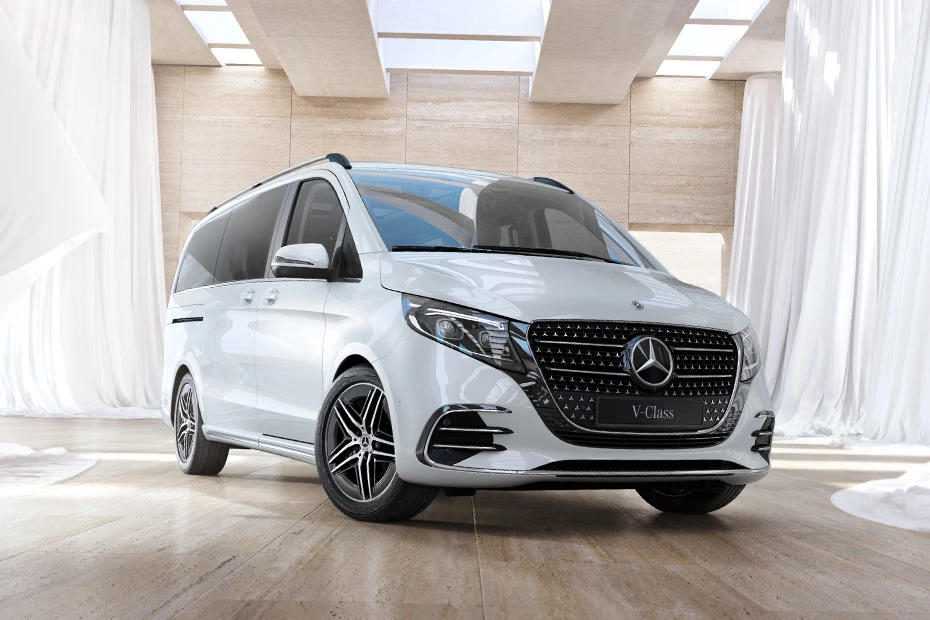
Table of Content
▼The Maharashtra government is trying to advance India's green mobility goals by launching its Electric Vehicle (EV) Policy 2025 to achieve 30 percent EV adoption by 2030. With a large amount of budget and strong incentives, the Maharashtra New EV Policy is poised to reshape the transportation landscape of the state. It will make electric vehicles the choice for many and not an option.
Policy Vision and Budget
The revised EV policy significantly steps up its commitment, allocating ₹1,993 crore over the next five years—more than double the previous budget of ₹930 crore. This generous budget will support a range of measures aimed at increasing EV usage across both private and commercial sectors.
Key Highlights of Maharashtra New EV Policy
1. Financial Incentives to Drive Adoption
- Transport and commercial EVs are eligible for incentives up to ₹2 lakh.
- Electric buses can receive benefits of up to ₹20 lakh.
- These incentives will support 25,000 four-wheelers and 1,500 buses.
- Unlike the earlier policy, personal electric cars are not included in this incentive program.
2. Toll Exemptions on Major Expressways
Under the Maharashtra New EV Policy, EVs are exempted from paying tolls on several major roads:
- Mumbai-Pune Expressway
- Mumbai-Nagpur Samruddhi Mahamarg
- Mumbai Trans Harbour Link (Atal Setu)
This initiative aims to reduce long-term operating costs and encourage intercity EV usage.
3. Tax Breaks
In an appealing act towards potential registered buyers of EVs, there will be a 0% road tax and registration fees for all EVs registered in Maharashtra. This may substantially lower the upfront and total cost of EVs for registered buyers, particularly for commercial fleet and registered businesses' fleet.
Also Read: Delhi EV Policy 2.0: Transforming the Future of Electric Mobility
4. Charging Infrastructure
The new policy also emphasizes robust infrastructure:
- Charging stations every 25 km on national and state highways.
- Government parking lots must include at least one EV charging point.
- New residential buildings must offer a community charging station.
- Commercial buildings need to allocate 50% of parking space for EVs.
- Older commercial spaces must dedicate 20% of parking for EV charging.
This detailed plan ensures that range anxiety becomes a thing of the past in Maharashtra.
Maharashtra’s EV Sales: Setting the Pace
On March 31, 2025, the state of Maharashtra represented 12.52% of all EV sales in India; 246,221 electric vehicles were sold. Maharashtra continues to lead in electric two-wheelers, cars, SUVs, and commercial vehicles; one of the most outstanding statistics is the sale of 17,133 electric passenger vehicles which was a 21% increase from the previous year!
Conclusion
With the Maharashtra New EV Policy, the state is strongly positioning itself as a national leader in clean mobility. The intent is clear: through creating financial incentives, investing in infrastructure, and regulatory reform, as a state, Maharashtra wants to make electric vehicles accessible, affordable, and convenient. If the targets are achieved, Maharashtra has the potential to set the standard for sustainable transport across India, as something non-sustainable will soon be out of date.
Also Read: Tata Motors Seeks to Regain 50% Market Share in Electric Car Segment
Neha Mehlawat
Neha Mehlawat is an automotive journalist and industry analyst with 10+ years of experience covering cars, bikes, and mobility trends. She tracks the latest launches, technology upgrades, and policy changes in the auto sector, delivering sharp insights that help readers stay ahead in the fast-evolving world of automobiles.

_1772434876.webp)
_1772098099.webp)


